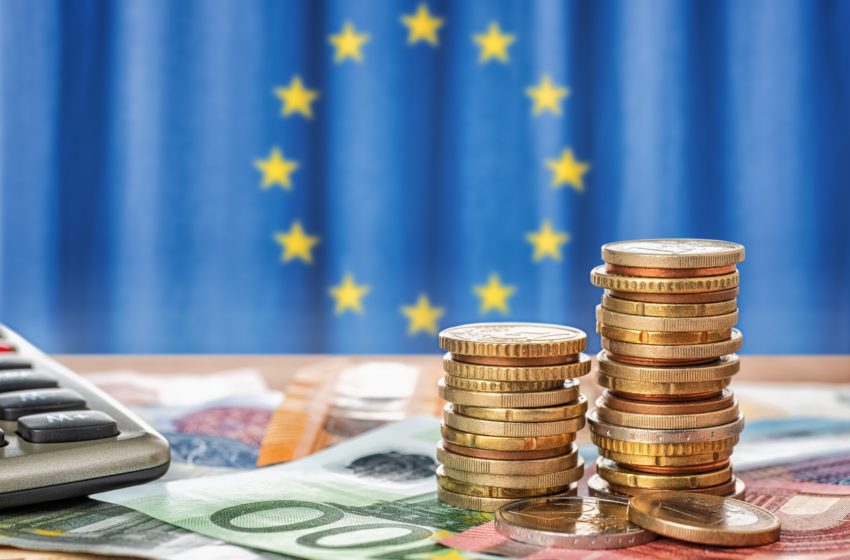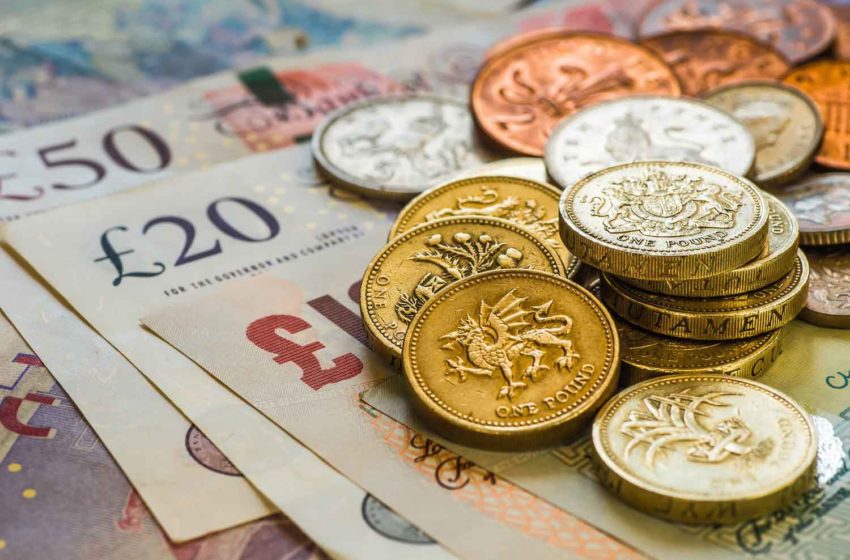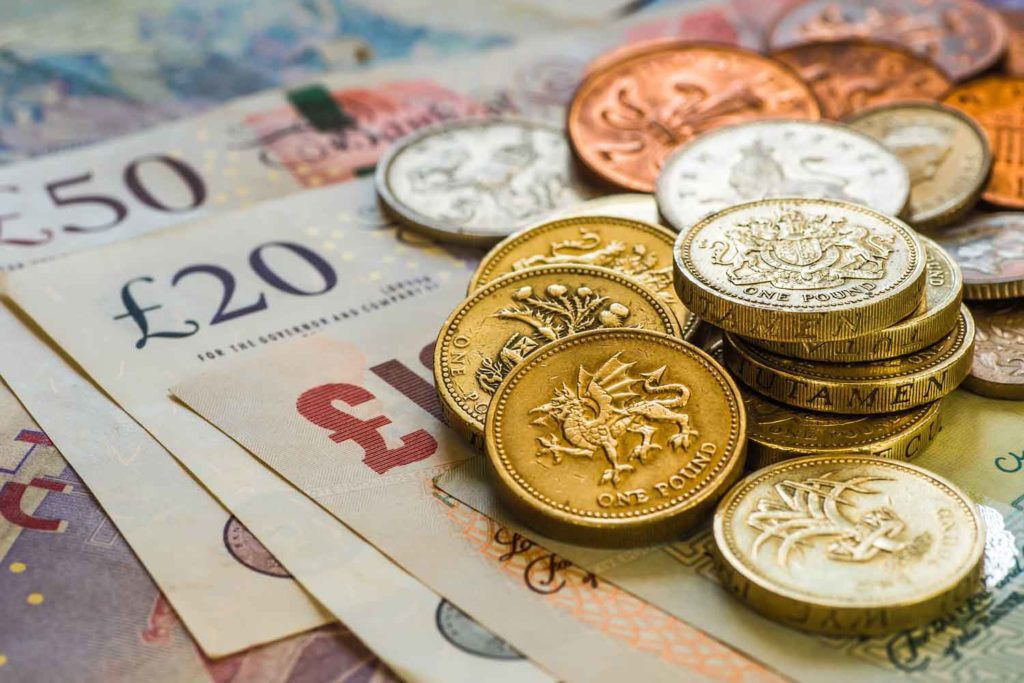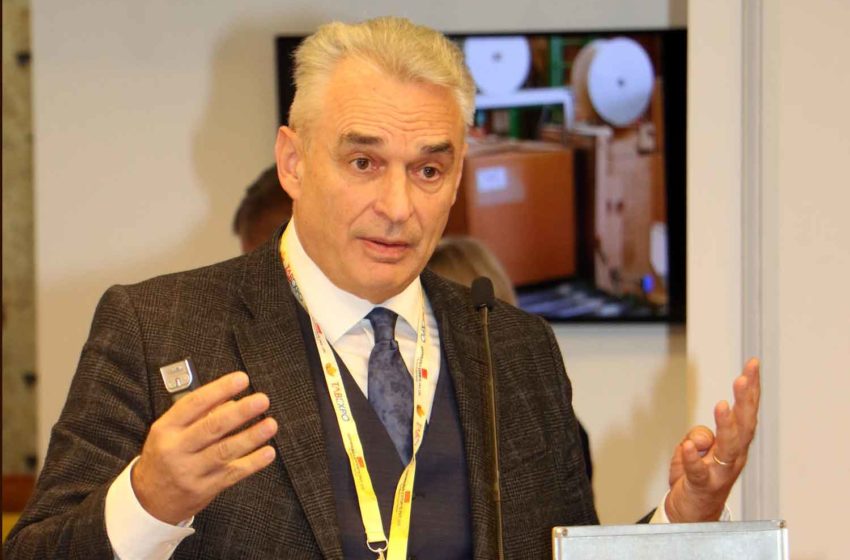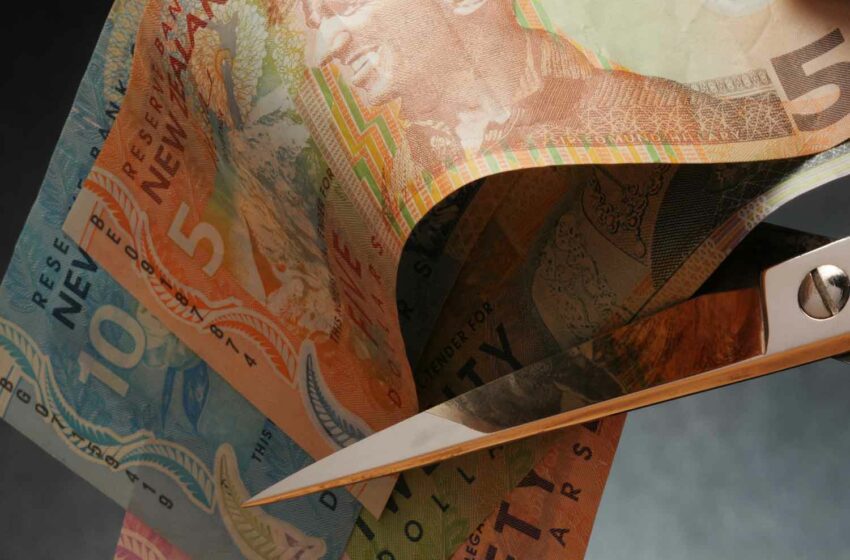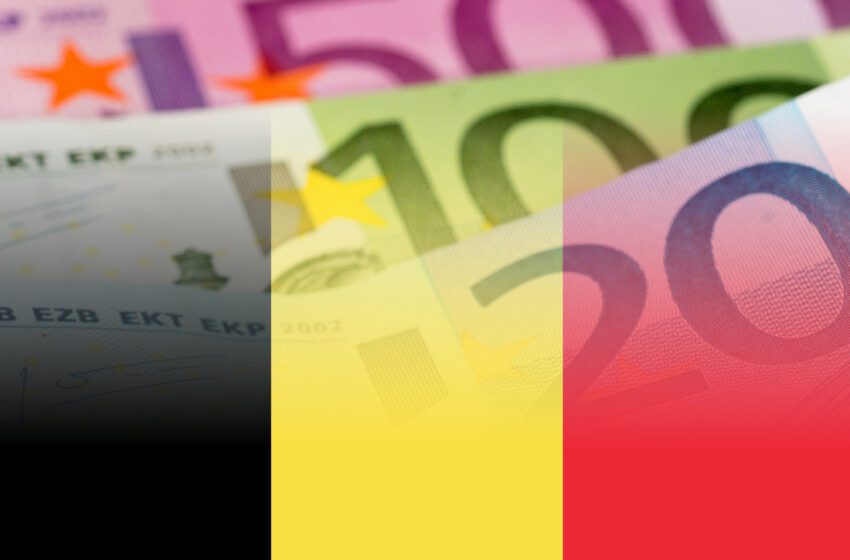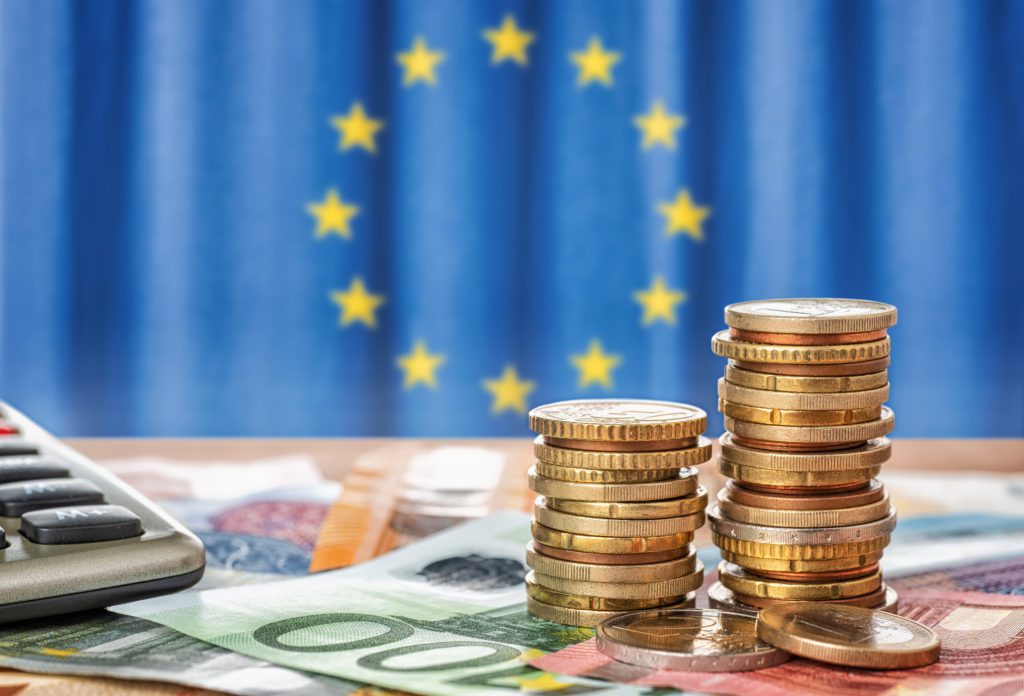
Sixteen EU countries asked the European Commission on Monday to propose a new law in the coming months on taxing tobacco in the bloc to include new products such as e-cigarettes and other vaping products – which are not covered under existing legislation.
The initiative, led by the Netherlands, is supported by Croatia, the Czech Republic, Denmark, Estonia, Finland, France, Germany, Latvia, Slovakia, Spain, Belgium, Bulgaria, Ireland, Slovenia, and Portugal.
In a letter to the Commission, finance ministers from the countries say an update to the bloc’s 2011 EU tobacco taxation law is needed because – in the absence of EU regulations on vaping – each country now applies different rules and levels of excise tax, distorting the bloc’s single market.
“Based on the current directive, most of these products cannot be taxed like traditional tobacco products. The provisions of the current directive are insufficient or too narrow to meet the challenges faced by the administrations of Member States given the ever-evolving offerings of the tobacco industry,” said the joint letter, seen by Reuters.
“Due to shortcomings in the EU legislation, Member States have taken appropriate actions at the national level. This has led to fragmentation, an uneven playing field and, ultimately, to the distortion of our internal market,” it said.
An update to the EU tobacco taxation law was due at the end of 2022, but has been delayed and governments want the new Commission, which took office on Dec. 1 for the next five years, to address this urgently.

